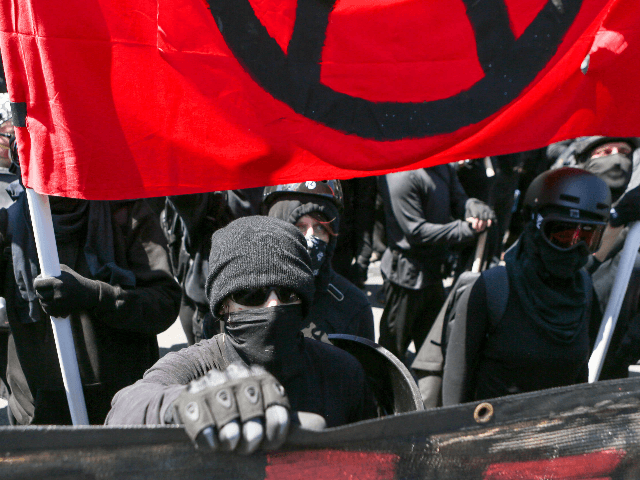A group of demonstrators, believed to belong to the far-left anarchist scene in Trieste, toasted the murder of two police officers who were killed by a migrant last month.
Dominican national Alejandro Augusto Stephan Maran brutally murdered police officers Pierluigi Rotta and Mateo Demenego on October 4th after the migrant stole one of the officer’s firearms and shot the pair with it.
In footage released this week, protesters are seen celebrating their deaths while demonstrating outside the prison holding the killer, newspaper Il Giornale reports.
In the video, a woman can be heard on a megaphone or microphone describing the murdered officers as “mercenaries”.
“Theirs was a conscious choice. Some people do it for the salary, some because they think they can help, some want a minimum of power. They fell doing what they did: that is, a service that damages freedom,” the speaker said.
“In the bars of the city there were toasts for the death of the two policemen. A part of the city does not cry because it knows what the men in uniform do to those who rebel every day,” the speaker added.
According to Il Giornale, the incident is said to have occurred last weekend, and that anarchists are likely the ones responsible due to the logos on the banners that are seen in the video.
The General Investigations and Special Operations Division (DIGOS), which handle cases of terrorism and tackle the mafia, are said to be investigating the incident.
Far-left extremist anarchists have become increasingly violent in Italy in recent years, engaging in acts of terrorism like the bombing of an office belonging to populist Matteo Salvini’s League in Treviso last year.
Anarchists are also suspected of having been behind the sabotage of an electrical hub on the Italian railway network in July, with prosecutors labelling it an “act of war” and the perpetrators “terrorists”.
In March, Italian intelligence officials highlighted the danger posed by far-left anarchists, such as the Antifa group and others, saying that they had seen increased tendencies toward radicalisation.

COMMENTS
Please let us know if you're having issues with commenting.